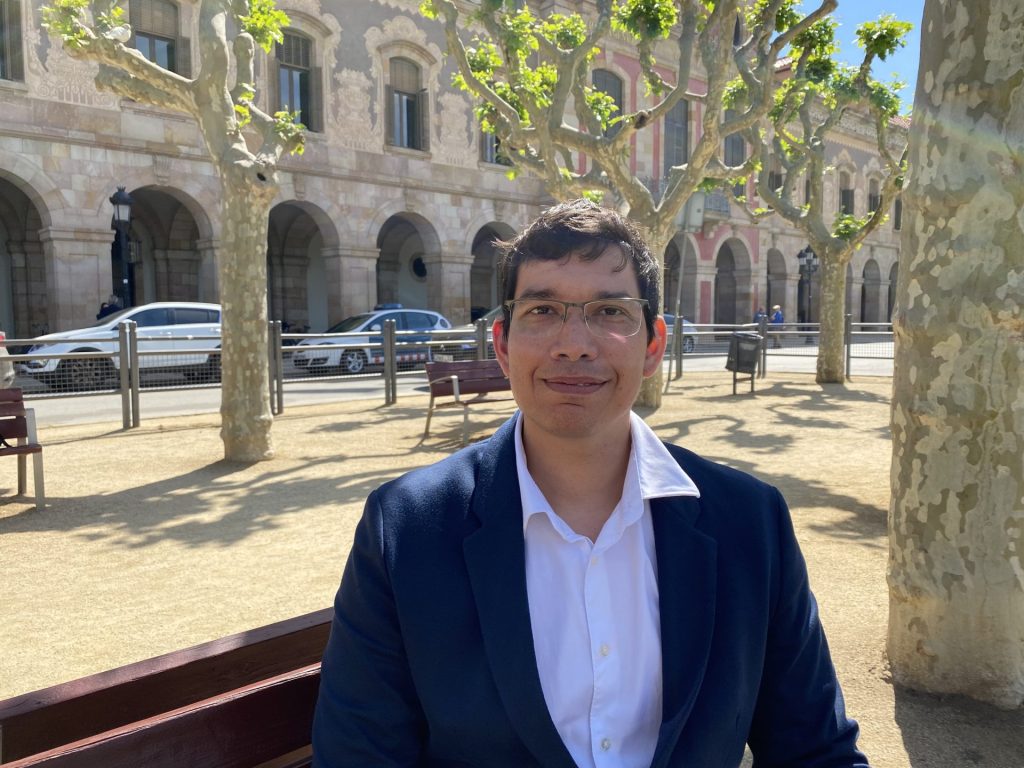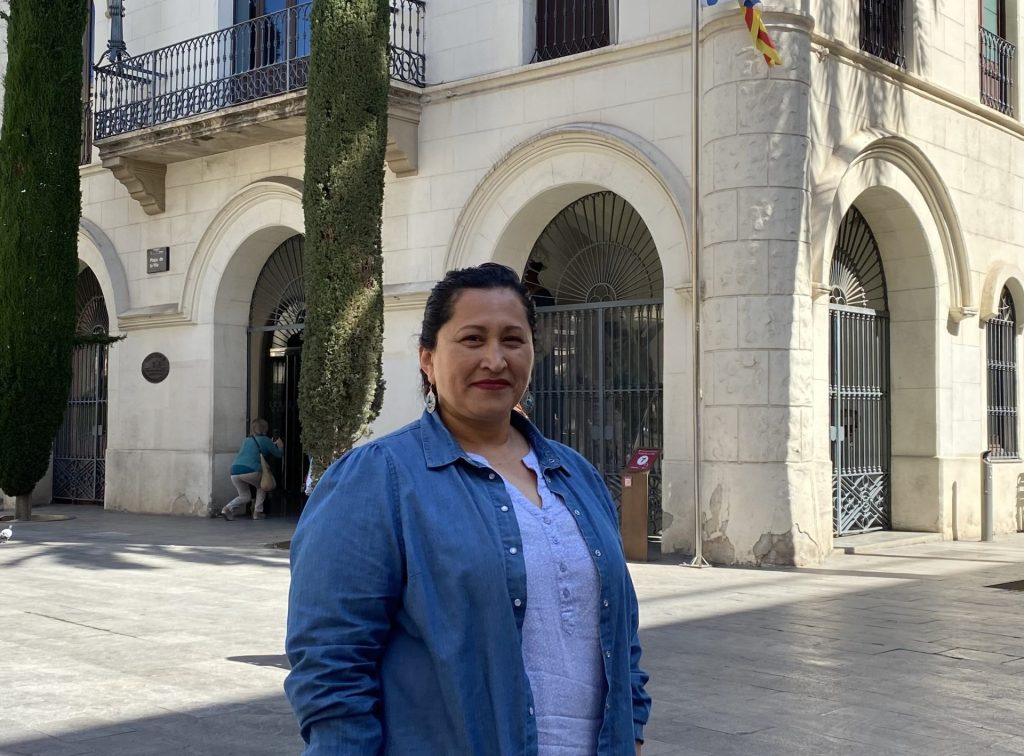Barcelona (EFE).- More than 600 citizens of Latin American origin are part of the municipal lists of the parties that appear in Catalonia on May 28, according to information provided to EFE by the formations, which demonstrates the desire for participation of many of them. them: “Don’t let them do politics to us.”
ERC, which is the formation that presents the most candidacies in the 941 municipalities of Catalonia (804), is the party that also incorporates the most Latin Americans, with 377 candidates, followed by En Comú Podem, with 155. The PSC has incorporated some seventy Latin Americans.
But there is no exact global figure for all the Catalan formations since, given the level of integration and roots of these candidates, with Spanish nationality in their great majority, the parties do not make distinctions of origin in their calculations, although they admit that the Most come from countries such as Ecuador, Peru, the Dominican Republic or Colombia.
Some formations go further on this bias and ensure that they do not collect this data because they do not like to classify their candidates for councilor by origin.
Many candidates from Ecuador
In any case, most of these candidates left their country more than twenty years ago to be able to live and have a better future. “In the 2000s there was an economic crisis in Ecuador, I left my job there and I was forced to emigrate,” the PSC candidate in Barcelona Jakqueline Baca, number 24 on her list, explained to EFE.
In Catalonia, the integration of migrants is somewhat more complex at first due to the language barrier. “Those of us who came here as adults understand Catalan, we have studied it, but it is difficult for us to speak it. I hope that this will decrease over time, because the second generation, which has grown up here, is already there,” says Baca.
ERC candidate number 13 for Badalona, Betsy Zambrano, also from Ecuador, recalls: “I had to leave my family in Ecuador, I came alone and started working and training. Most of these years I have lived in Badalona, and I consider myself one more from Badalona”.

Dimitri Defranc, head of the list of the PACMA animalist party for Sant Cugat del Vallès (Barcelona), was a student representative at his university in Ecuador and, in the face of repression against young people, he left the country to go to study in Spain.
“When I got here it was like a break. Everything that I always fought for there, I had here. Later, in a natural way, I began to relate to other immigrants like me, but who had many needs to regularize their situations. Without realizing it, you were getting involved”, says Defranc.
The ERC mayor of Sabadell, Gabriel Fernàndez, came to Catalonia at the request of the Autonomous University of Barcelona to do a postgraduate course in integration and social mediation after graduating as an architect and technical engineer at the Universidad del Trabajo de Uruguay, as well as to direct a volunteer training project for development projects in Latin America.

“That was the reason, and at that very moment, in my country there was the crisis of the corralito. This opened up a very interesting opportunity for me. With my family we decided that it was worth risking and exploring if there was a real possibility of fulfilling ourselves here, and coming as a family to Catalonia”, says Fernàndez, already a councilor and who is now running for mayor for the pro-independence party.
Contribute to the host society
The first migratory generations that settled in Catalonia are the ones that have been most marked by social and bureaucratic obstacles, and all those who have wanted to practice politics have not found it an easy path either.
Most of the time the focus is on access to vote, but not on participation in politics. “We have the right to take politics into our hands, and that they not do it to us, but to do it ourselves, and that is also a right that is being violated,” highlighted the Barcelona en Comú candidate, the Colombian Jessica González, who since 2021 she is already an autonomous deputy in Parliament.

All these representatives have not only had to overcome all the bureaucratic obstacles of the migration process, which is estimated to last more than ten years, but they must also overcome a personal duel for having left their country of origin.
Once the survival stage is over, “you begin to think about how I can contribute my knowledge to the society, not just the host, but to my society”, explains Dimitri Defranc.
Help to improve the obstacles of the municipalities
Migration policies can also undermine the electoral participation of people not born in the State. “You have to see everything that is around you that harms that participation. If we do not see these material limitations, we cannot advance in political participation”, highlights Jéssica González.
“From the city councils, placing these obstacles on immigrants is tremendously unfair because they do not know how the immigrant world works and how it moves. That is one of the things that we have to improve a lot”, affirms Defranc.

The migrant candidates are clear about the barriers that prevent legitimate representation in Catalonia’s institutions and politics, and all of them plan to support and work, not only for migrants, but for all citizens.
It must be remembered that Spanish nationals of legal age who have voter status and are not in any cause of ineligibility are eligible as candidates.
For people without nationality residing in the State, it is required that they have the status of EU citizen or be nationals of countries that give Spanish citizens the right of passive suffrage in their municipal elections, that they meet the requirements to be eligible according to Spanish regulations, and who have not been dispossessed of the right to passive suffrage in their state of origin.






